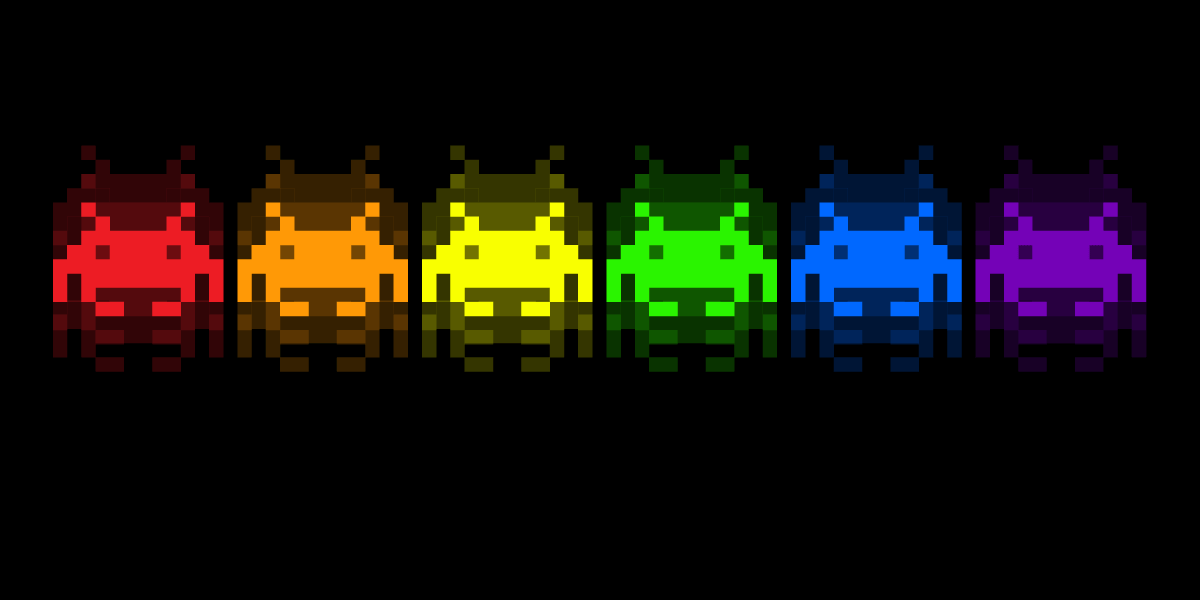- cross-posted to:
- games@lemmy.world
- technology@lemmy.world
- cross-posted to:
- games@lemmy.world
- technology@lemmy.world
cross-posted from: https://lemmy.world/post/11178374
Full text from the Electronic Frontier Foundation (EFF) article:
Fragging: The Subscription Model Comes for Gamers
By Rory Mir
The video game industry is undergoing the same concerning changes we’ve seen before with film and TV, and it underscores the need for meaningful digital ownership.
Twenty years ago you owned DVDs. Ten years ago you probably had a Netflix subscription with a seemingly endless library. Now, you probably have two to three subscription services, and regularly hear about shows and movies you can no longer access, either because they’ve moved to yet another subscription service, or because platforms are delisting them all together.
The video game industry is getting the same treatment. While it is still common for people to purchase physical or digital copies of games, albeit often from within walled gardens like Steam or Epic Games, game subscriptions are becoming more and more common. Like the early days of movie streaming, services like Microsoft Game Pass or PlayStation Plus seem to offer a good deal. For a flat monthly fee, you have access to seemingly unlimited game choices. That is, for now.
In a recent announcement from game developer Ubisoft, their director of subscriptions said plainly that a goal of their subscription service’s rebranding is to get players “comfortable” with not owning their games. Notably, this is from a company which had developed five non-mobile games last year, hoping users will access them and older games through a $17.99 per month subscription; that is, $215.88 per year. And after a year, how many games does the end user actually own? None.
This fragmentation of the video game subscription market isn’t just driven by greed, but answering a real frustration from users the industry itself has created. Gamers at one point could easily buy and return games, they could rent games they were only curious about, and even recoup costs by reselling their game. With the proliferation of DRM and walled-garden game vendors, ownership rights have been eroded. Reselling or giving away a copy of your game, or leaving it for your next of kin, is no longer permitted. The closest thing to a rental now available is a game demo (if it exists) or playing a game within the time frame necessary to get a refund (if a storefront offers one). These purchases are also put at risk as games are sometimes released incomplete beyond this time limit. Developers such as Ubisoft will also shut down online services which severely impact the features of these games, or even make them unplayable.
DRM and tightly controlled gaming platforms also make it harder to mod or tweak games in ways the platform doesn’t choose to support. Mods are a thriving medium for extending the functionalities, messages, and experiences facilitated by a base game, one where passion has driven contributors to design amazing things with a low barrier to entry. Mods depend on users who have the necessary access to a work to understand how to mod it and to deploy mods when running the program. A model wherein the player can only access these aspects of the game in the ways the manufacturer supports undermines the creative rights of owners as well.
This shift should raise alarms for both users and creators alike. With publishers serving as intermediaries, game developers are left either struggling to reach their audience, or settling for a fraction of the revenue they could receive from traditional sales.
We need to preserve digital ownership before we see video games fall into the same cycles as film and TV, with users stuck paying more and receiving not robust ownership, but fragile access on the platform’s terms.
Corporate control rises, and piracy to meet it.
Good luck enforcing non-ownership on people who post classified government docs to prove their digital war vehicles are accurate or not. It may overlap, but this is not the same audience.
Legislation needs to be enacted that actually does something about this capitalist bullshit.
The capitalist bullshit is the point
One benefit of a medium like games, as opposed to movies, is that the method of delivery can be accomplished more independently. Anyone watching a movie, be it a new Disney release or a Sundance film, will probably want it on their TV, where they have limited walled-garden devices. Give them an MP4 file to download, and they might not even know how to quickly use it.
But some famous games like Factorio and Minecraft were first sold with independent download systems, because the game will at some point involve its own executable file; it doesn’t have to fit in some larger play framework. Launchers like Heroic let people set up their own system for downloading games from places less popular than Steam.
So, to conclude the tangent: Suppose in the future, Xbox has tripled its Game Pass offerings and other publishers have followed suit. Other indie developers spotting out the subscription frustration can still release their own games breaking from the formula. This isn’t a remedy for the major AAA games we’d like to preserve, but it does mean the worst case scenario isn’t as bad for games as it is for movies.




